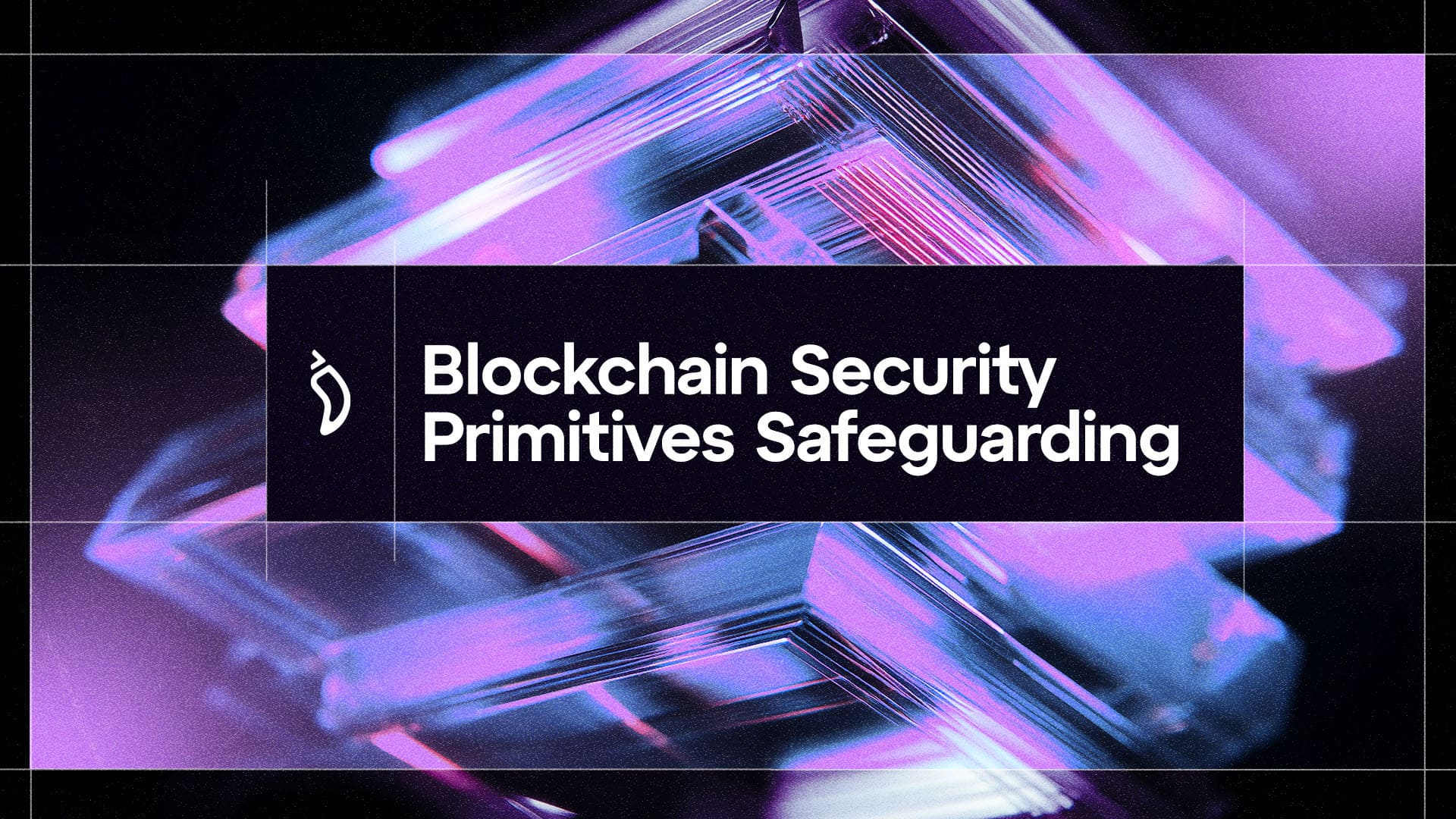In crypto, not every wallet gives one person total control. A multi-signature wallet, sometimes referred to as a multisig wallet, functions differently. Here two or more parties or individuals must approve a transaction before it can go through.
Think of a multi-signature wallet as a shared digital vault that can’t be accessed by one person. This type of structure is becoming prevalent in Web3, especially for DAOs, teams and communities that are managing digital assets together.
How Does a Multi-Signature Wallet Work?
In crypto, a multi-signature wallet requires the approval of more than one individual before transactions can be approved. Rather than letting one person have control, such privilege is shared across a unit or group.
For example, in a 3-of-5 setup, five individuals have control but at least three people must agree before any funds can be released or transferred. This process is referred to as the transaction approval threshold.
This method offers collaborative security. It’s useful for teams, organizations, or DAOs that manage shared crypto funds. No one can act alone, so it helps prevent mistakes, theft, or misuse.
Why Are Multisig Wallets Important in Web3?
Multisig wallets are important in Web3 because they protect shared digital assets through collaborative decision-making. By requiring more than one person to approve a transaction, they reduce risk, boost transparency, and make it harder for funds to be misused or stolen. Here’s how they are used in different areas of the Web3 space:
- DAO treasuries
In decentralized autonomous organizations (DAOs), the funds that are generated, usually belong to the community. Here, a multisig wallet allows members of the DAO to determine how the funds will be spent. This method makes it almost impossible for an individual to mismanage funds. It brings group oversight and helps keep the community’s trust. - Project governance
Crypto projects use multisig wallets to manage their funds or token reserves. Founders, developers, or advisors might share access, so one person can’t take control or move assets without group approval. This adds a safety net and reassures investors and users that the project funds are handled responsibly. - Team wallets
Businesses, startups, or developer teams working in Web3 often use team wallets to manage operational funds. With a multisig setup, co-founders or key team members must agree before making any major transaction. This helps prevent errors, internal theft, or unauthorized spending. - Escrow setups
In deals or transactions between two parties, a third party can act as a neutral signer in a multisig wallet. For example, in a 2-of-3 setup, funds are only released when both the buyer and seller (or one party plus the neutral third party) agree. This removes the need for traditional intermediaries and builds trust without relying on central authorities.
By spreading control and adding transaction approval thresholds, multisig wallets help prevent single points of failure. This shared control fits perfectly into Web3’s vision of decentralization and trustless systems, where power is distributed and actions are open to group oversight.
Sports & Fan Token Applications for Multisig Wallets
Multisig wallets can enhance trust and organization in the fan token industry, particularly for communities driven by platforms like Chiliz. For instance, clubs or fan-based organizations can maintain reward and engagement funds through a multisig framework where a select group of trusted individuals needs to reach a consensus before any expenditure.
Community initiatives such as hosting events or funding new community projects can be proposed and executed by community holders through the approval and voting protocols offered by multisig wallets. This enhances collective governance and responsibility, which is essential in building robust fan communities where every opinion matters.
Conclusion – Shared Control, Stronger Communities
Multisig wallets provide more than security, they facilitate shared governance and efficient collaboration in a decentralized Web3. For Fan Tokens, DAOs, and sports communities, these structures can provide a safeguard against centralization while building intra-group trust.
These wallets could facilitate transparent decision-making and secure fund management as fan-powered ecosystems expand. Such advancements could greatly improve and streamline interactions among participants while maintaining fairness and balance.











